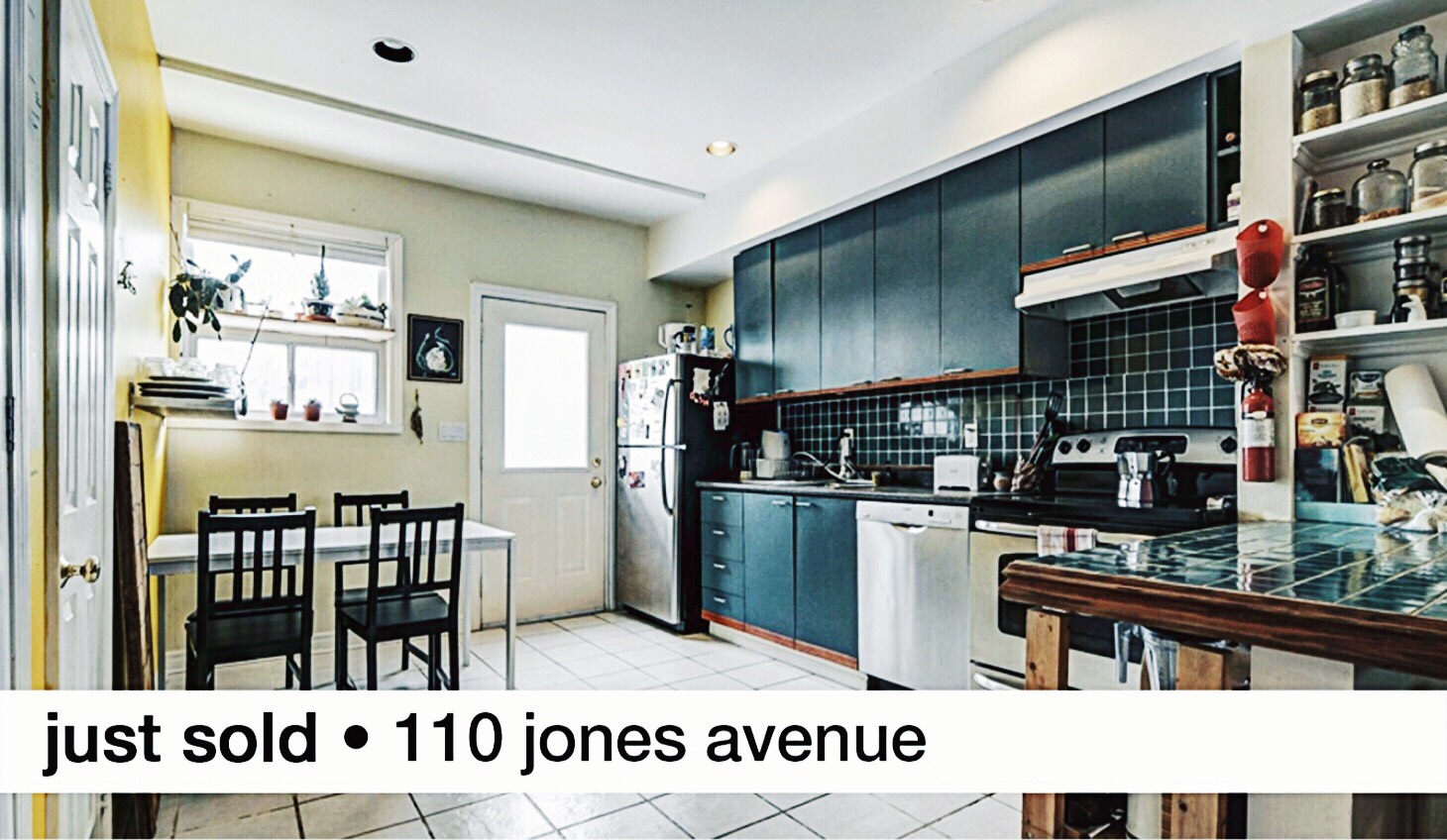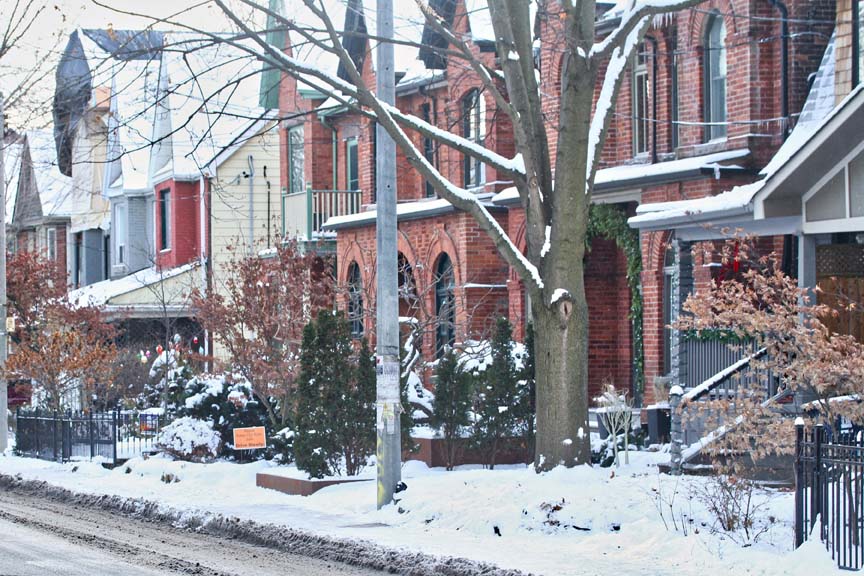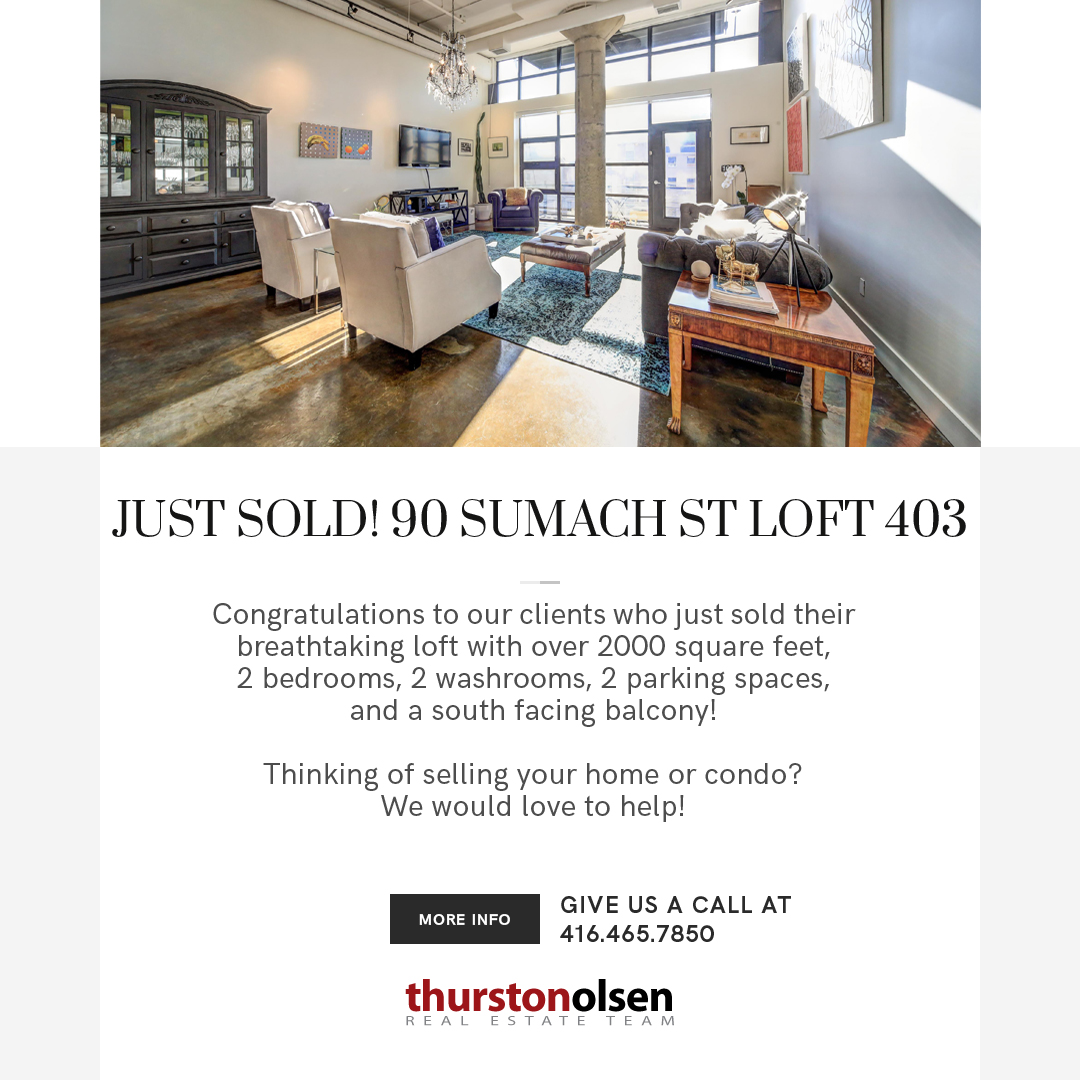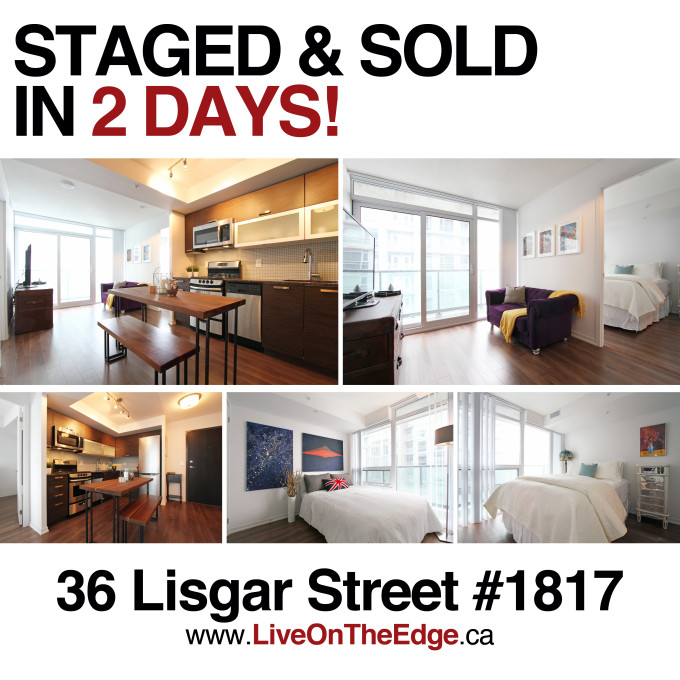Toronto home prices continue to climb
Average home prices in the Toronto region climbed more than 4 per cent last month as buyers began to absorb the impact of tougher new mortgage qualification rules introduced in January.
Data from the Toronto Real Estate Board showed home prices rose 4.2 per cent in February compared to January to an average of $767,818, marking the strongest month-over-month price gain since September.
Detached home prices rose 3.1 per cent across the Greater Toronto Area in February compared to the prior month, averaging $1,000,736, while condo prices climbed 4.4 per cent over January to an average of $529,782.
Despite the increases, average prices were down 12.4 per cent in February compared to the same month last year, when sales were booming prior to a price correction that began in May last year, TREB said.
TREB said 5,175 homes sold in February across the GTA , a 35-per-cent drop compared to the record 7,955 sales in February last year, but an increase of almost 29 per cent compared to 4,019 homes sold in January this year.
There were 10,520 new listings of homes for sale in February, an increase of 7.3 per cent from the same month last year, and a jump of 23 per cent from January. Despite the increase, however, TREB said the level of new listings still remained below the February average for the previous 10 years.
Jason Mercer, TREB’s director of market analysis, said he expects sales to pick up further as the year progresses.
“As we move further into the spring and summer months, growth in sales and selling prices is expected to pick up relative to last year,” he said in a statement, predicting price growth will come in the comparatively more affordable townhouse and condominium markets.
“That being said, listings supply will likely remain below average in many neighbourhoods in the GTA, which, over the long-term, could further hamper affordability,” Mr. Mercer said.
TREB president Tim Syrianos said his association anticipated sales would be slow in the opening months of 2018 compared to historic highs in early 2017.
He said prospective buyers “are still coming to terms with the psychological impact” of housing reforms introduced last April by the Ontario government, which included a new foreign buyer’s tax, as well as new mortgage qualification rules introduced Jan. 1 that require buyers to prove they can still afford their mortgages even if interest rates rise.
While sale prices are lower than they were at their peak a year ago, TREB said they are still up 12 per cent compared to the average sale price in February, 2016, “which represents an annualized increase well above the rate of inflation for the past two years.”
Scott Ingram, a Century 21 real estate agent in Toronto, said most home owners in Toronto have made money on their property despite last year’s downturn, calculating fewer than 9,500 buyers who purchased homes in the City of Toronto last year may still be unhappy because the benchmark price in January was at least $10,000 below the price they paid last year. He said they represent about 1.3 per cent of all homeowners in Toronto.
In a new analysis for his blog, Mr. Ingram said the benchmark prices for detached houses, semi-detached houses and townhouses in the City of Toronto in January were still below the peak levels they hit last year, but said prices for all housing types are higher than they were two years ago. The benchmark condominium price has increased compared to all months last year, so buyers in that category are not under water.
Even buyers who may feel “burned” by purchasing at the peak last year will be fine in the long run, Mr. Ingram said, as long as they do not plan to flip their home quickly.
For those who bought at the peak and planned to flip quickly, Mr. Ingram said the experience is a lesson that “real estate isn’t a guaranteed investment vehicle.”






